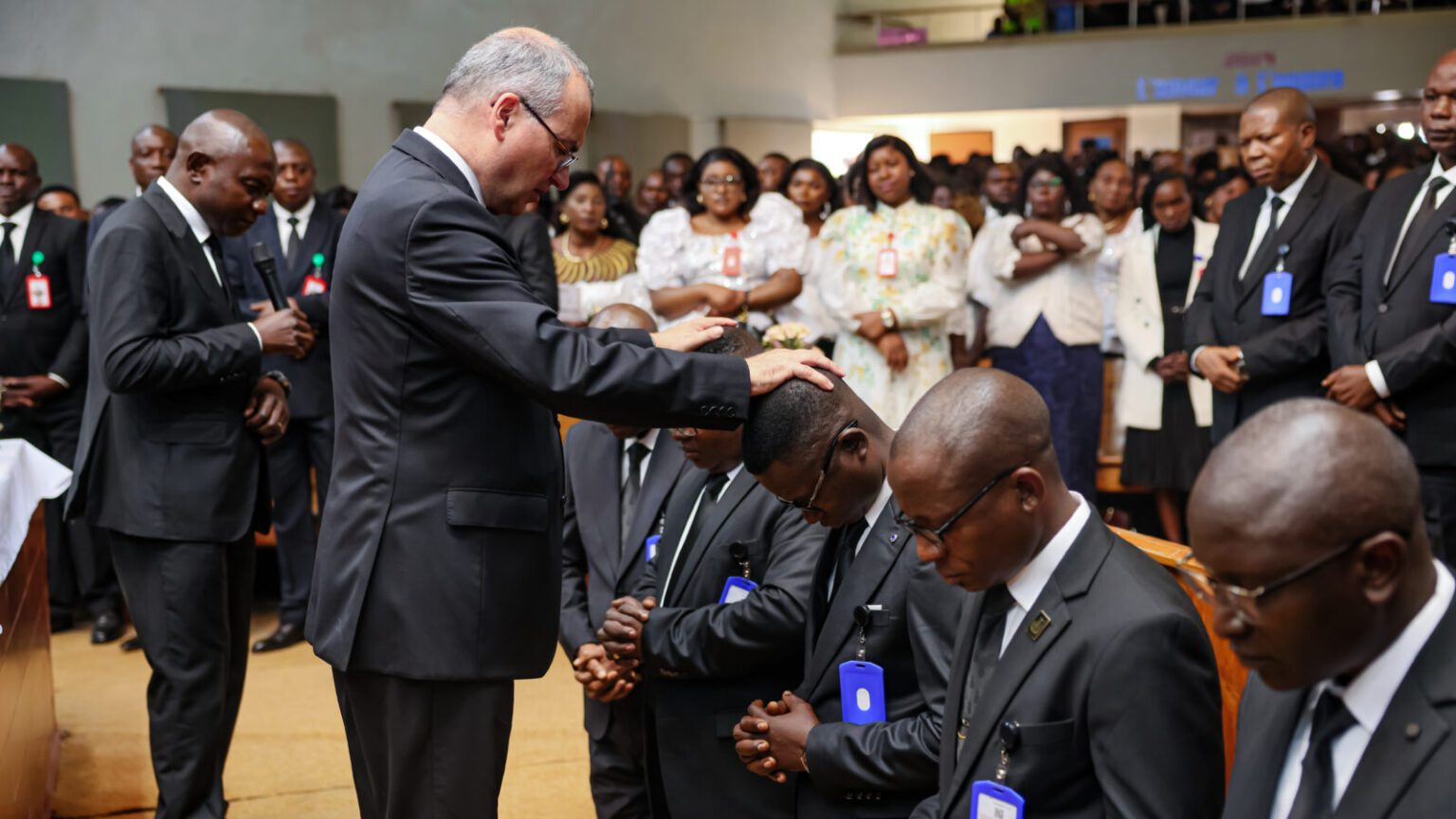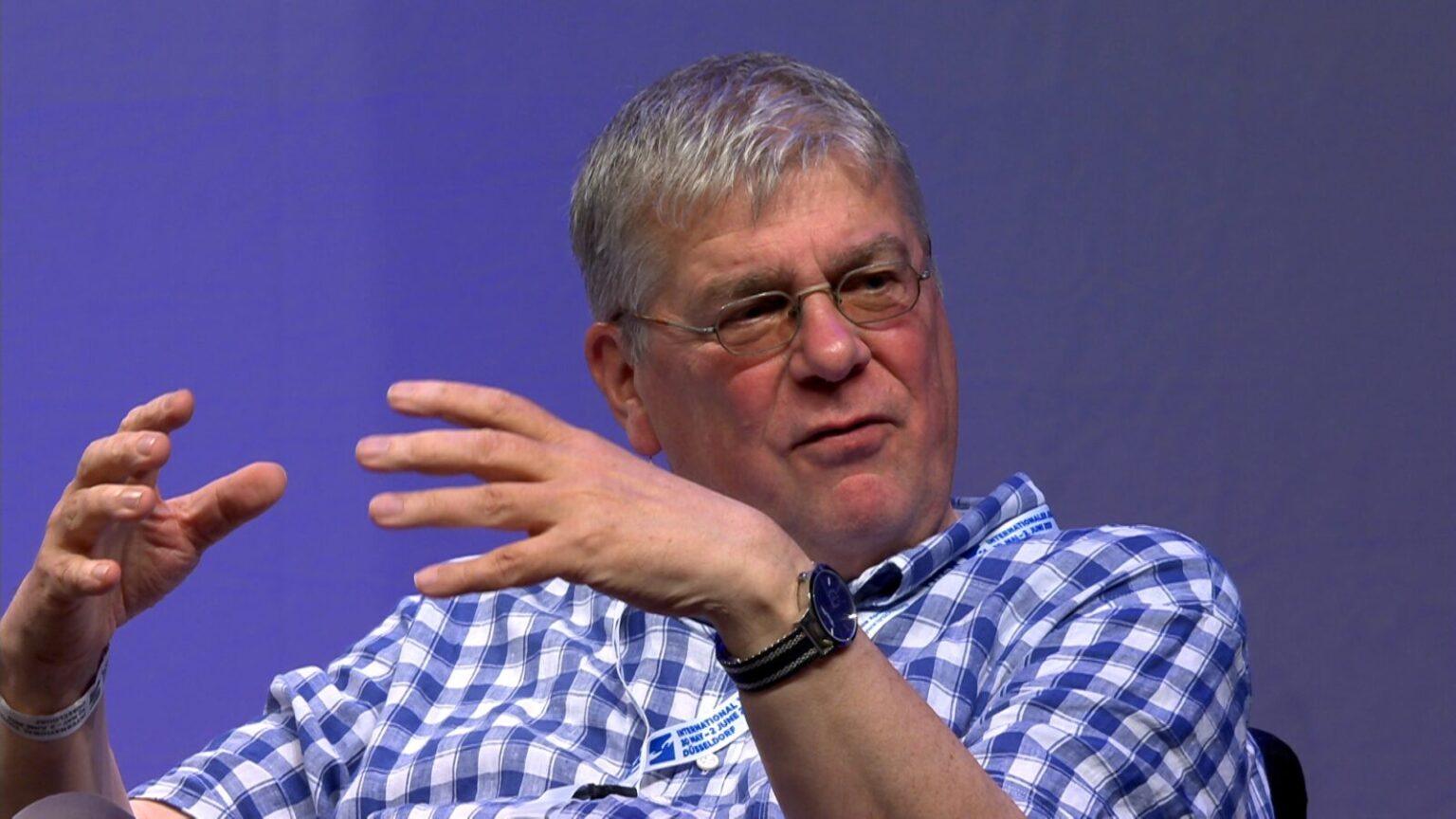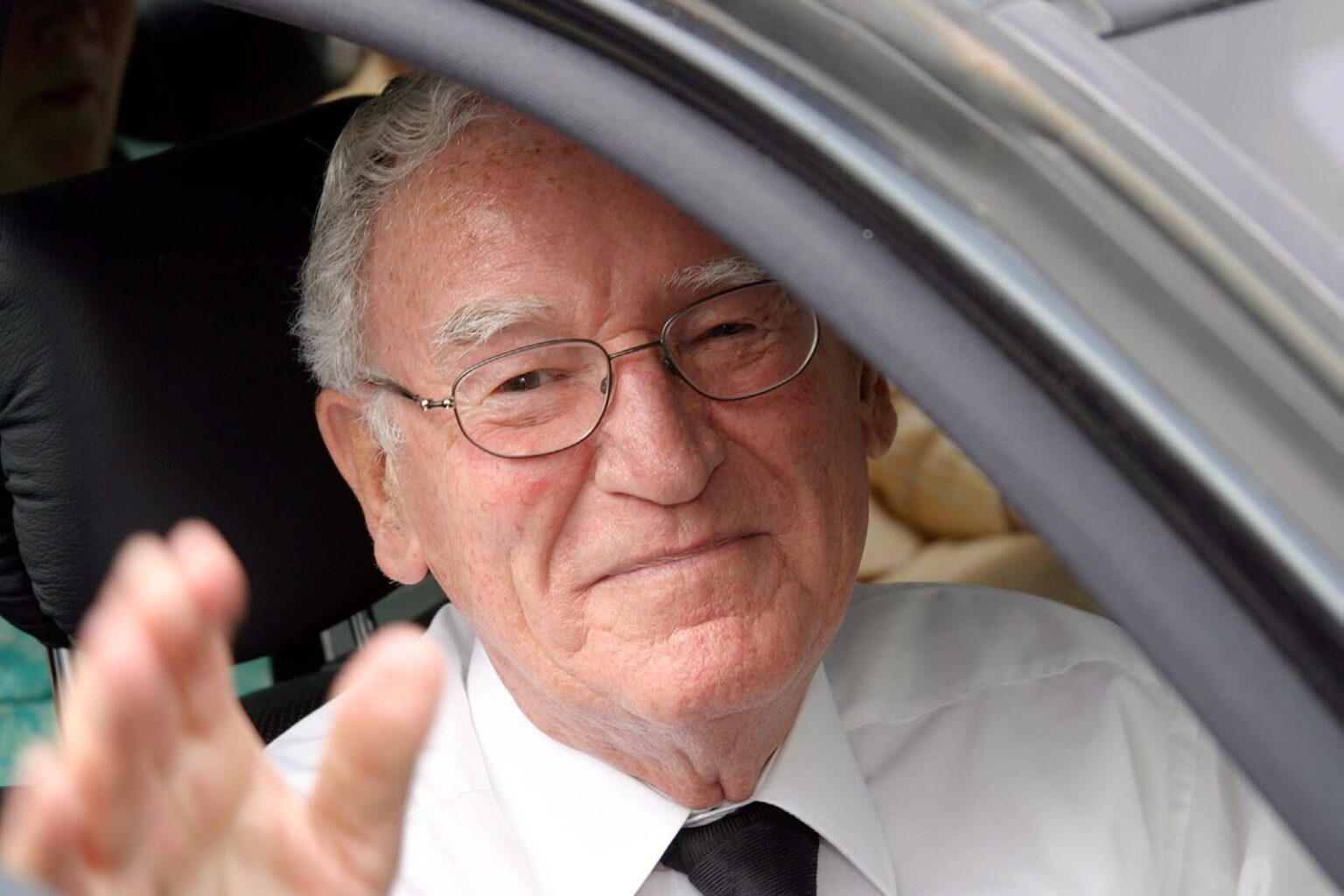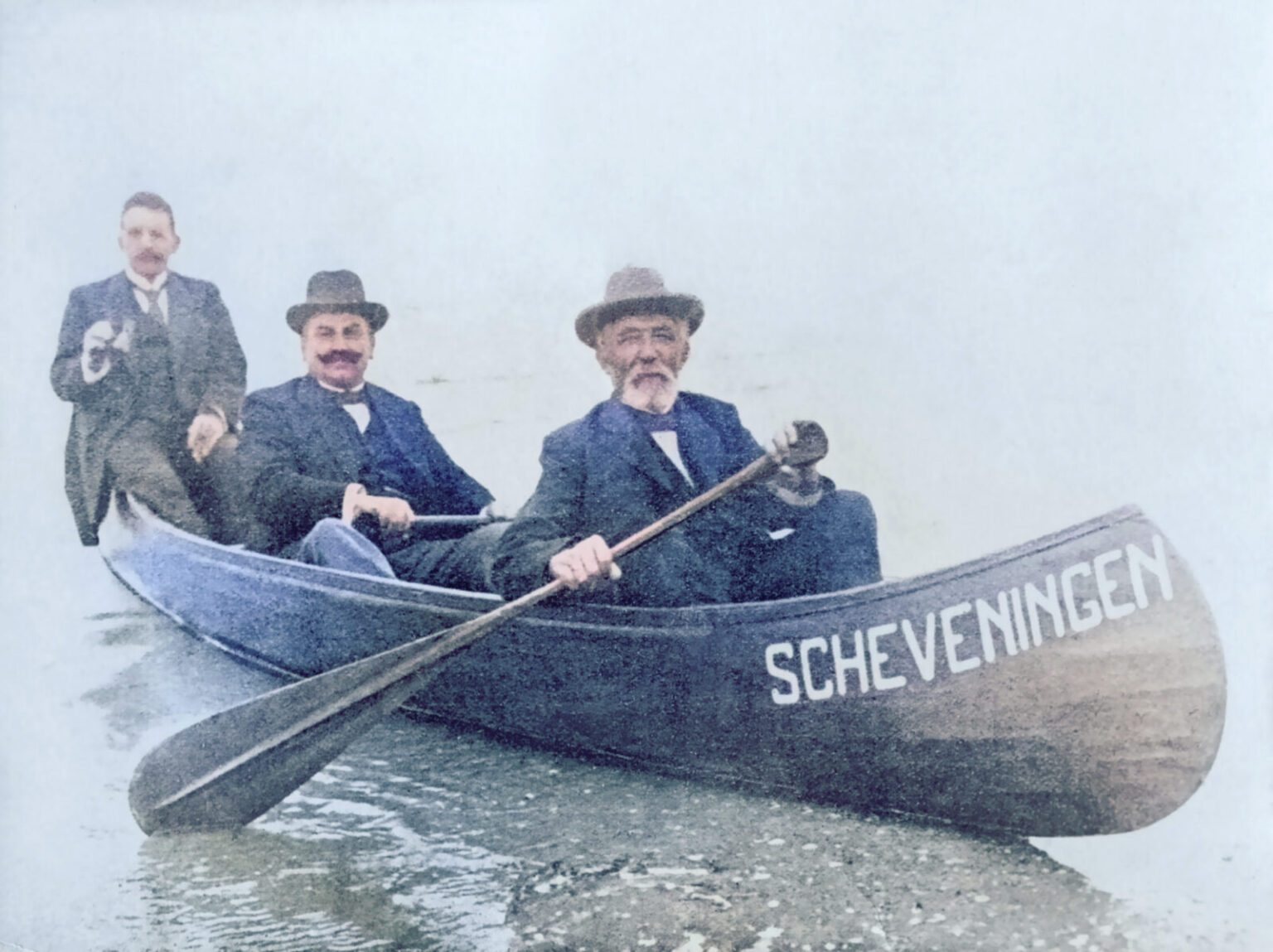

The return of Christ: this is the goal of faith for all New Apostolic Christians. Yet the fire of Christian anticipation of His imminent return was ignited long before the modern age. Following is a summary of 2,000 years of history.
There is a story that is often told in Judaic circles: whenever Rabbi Israel ben Eliezer set out to accomplish anything extraordinary, he would go into the forest, light a fire, and say a prayer. Whenever his successor found himself confronted with a big challenge, he too would go into the forest and say: “I cannot light the fire any more, but I still remember the prayer.” And sure enough, everything worked out for him. The rabbi of the following generation would go into the forest and say, “I cannot light the fire any more, and I don’t even remember the prayer, but I still know the spot where this event used to take place. That will have to suffice.” And lo and behold, things worked out for him too. Yet another generation later, the rabbi would sit down in the armchair in his study and tell the person who had come to ask for his help: “We can no longer light the fire, we no longer know the prayers, we no longer even know where the forest is supposed to have been, but it would be a pleasure for me to tell you the story!”
The more devout version of the story concludes with the following sentence: “And because he was so good at telling the story, it had the same effect as the deeds of his predecessors.”
Key term: delayed parousia
In fact, the hope of the coming kingdom of God is as inseparable from the Christian faith as the Messianic hope is from Judaism. But as everyone knows, it is always the interpretation that sets the tone. Paul knew how to take a few strains from the world to come and turn them into a rousing piece of music: “Behold, I tell you a mystery: we shall not all sleep, but we shall all be changed—in a moment, in the twinkling of an eye, at the last trumpet” (1 Corinthians 15: 51–52). But the knowledge of where and how this eschatological piece was to play out was largely lost as early as the second century.
It was Origen († AD 184) who already began to individualise the Christian hope for the future. Origen responded to the delay in the parousia—that is, the fact that the anticipated return of Christ had not yet occurred—with an educational programme: according to him, the transformation occurs when a soul in pursuit of higher things becomes a perfectly formed divine personality. From then on, the theological interest began to shift from the hope in the parousia (that is, the return of Christ) to life after death, the afterlife, and the Last Judgement. The importance of the coming of the kingdom of God—which was once the great and comforting hope of the persecuted and suffering church—began to diminish. It was ultimately Augustine († AD 354) who went so far as to banish all expectation of the thousand-year kingdom of peace from church dogmatics because he believed the kingdom of God had already begun to dawn in the church itself.
So is there anything still ahead?
The question of what was to come was thus left up to the mystics and sectarians. Even the Lutheran Reformation mainly put the emphasis on individual eschatology. Luther primarily regarded the kingdom of Christ as an “inner” kingdom. It was only in the Protestant hymn repertoire—with its pleas for the coming of the bridegroom, the redemption of the Christians, the coming of the morning star, and the dawning of the new day—that any of the passion of the early Christian hope for the future was still to be felt.
Although the people of the medieval period lived in the midst of apocalypses both real and imagined—the Thirty Years’ War and the imagery of Hieronymus Bosch bear mentioning in this context—the church could not, or did not wish to, reignite the eschatological fire. Only the Anabaptists and other chiliastic factions kept this fire stoked—at times so violently that they burned all bridges behind them in the conviction that the end was within reach.
An eschatological niche
By the nineteenth century, eschatology had dwindled to a “harmless little chapter at the end of dogmatics” (Karl Barth). It was only in the Pietist communities that eschatological expectations of the kingdom of God and early Christian apocalyptic visions of the future flourished, but the rediscovery of biblical hope for the future did not meet with any real resonance beyond the prayer rooms and house groups. In fact, it was precisely the revival movements that put the finger in the wound of the eschatological void, refusing to accept the idea that the “eschatological bureau had mostly closed for today” (Ernst Troeltsch).
A new start with questions
A great receptiveness to different theological ways of thinking, together with the social upheavals resulting from industrialisation and the strong population growth in England, proved to be fertile ground for charismatic, prophetic, and—in the broadest sense—eschatologically oriented religious currents, which aroused interest particularly in the British upper classes. A banker by the name of Henry Drummond, who was born in 1786, was the one who made the Albury Conferences possible at his country estate starting in 1826. These conferences focused on the biblical promises for the future and became a catalyst for the Catholic Apostolic movement. One of the most prominent protagonists of the prophetic movement, the charismatic Edward Irving, wrote the following in his foreword to a book entitled The Coming of Messiah in Glory and Majesty published by Manuel de Lacunza y Díaz: “My soul is deeply troubled by the presently dormant—indeed lifeless—condition of all churches with respect to the coming of our Lord Jesus Christ, which is looming on the horizon, and which I believe will occur imminently.”
Irving and the other conference participants regarded the emergence of spiritual gifts—such as prophecy, healing, and speaking in tongues—as unmistakable signs of the dawning fulfilment of the promises of the end-time. The calling of Apostles made it obvious to many that the church had now entered a decisive stage in salvation history. The Apostles presented this message to the (Christian) public, but they stood alone in their conviction that they had been given the mandate to complete the church and prepare for the second coming of Christ as the bride of Christ. The church ignored the hope it had been offered, and some of the Apostles even withdrew from their spiritual activities and returned to their previous professions. When the first Apostle of the modern age died, and no one felt authorised to appoint a successor, the Apostle ministry seemed under threat of dying out a second time. Was that all there was to the story?
Keeping the fire burning
The fact that biblical eschatology is so open to interpretation—coupled with the problem that it is impossible to dogmatically systematise biblical statements concerning the events of the end-time—is still a challenge for theology to this day. Many questions remained unanswered during the time of the Apostles and prophets of the Catholic Apostolic movement, but the fire continued to burn. It was preserved and passed on to new generations, who likewise keep it burning by adding fuel again and again, even if the “bridegroom seems to be delaying” his coming.
Another Judaic anecdote seems appropriate here: a rabbi was once asked what he would save if his house was in flames. His answer: “The fire.”
This article first appeared in issue 6/2019 of the spirit magazine.
Photo: helivideo – adobe.com












